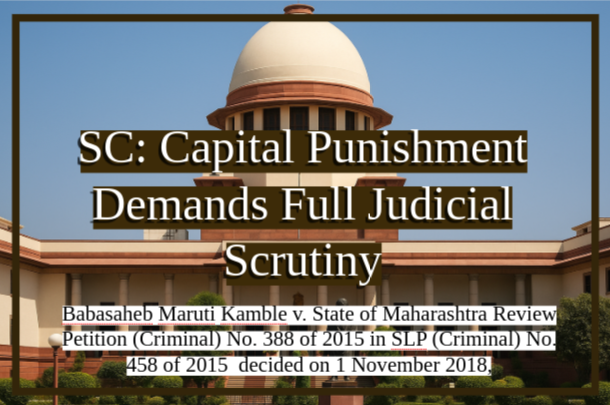Delhi Lawyers Stand Against 'Kala Kanoon': Why Virtual Police Depositions Threaten Fair Trials
- M.R Mishra

- Aug 27, 2025
- 2 min read
Delhi’s legal community recently witnessed dramatic protests following a controversial order by the city’s Lieutenant Governor, issued on August 13, which allows police officers to present evidence in court virtually from their respective police stations.
This swift move has drawn severe criticism from lawyers across several courts in the national capital, who argue that enabling virtual police depositions can undermine the integrity of the judicial process. Lawyers assert that this notification could facilitate manipulation or tampering with evidence and ultimately compromise the fairness of criminal trials, especially for those accused.
The protest saw advocates boycotting court proceedings, holding sit-ins at court complexes, and even burning effigies as a sign of dissent.

Bar associations such as the Delhi High Court Bar Association also joined in, urging members to wear black ribbons in solidarity. Key voices in the agitation maintain that assurances or negotiations cannot substitute the fundamental demand for withdrawal of the order.

The central legal contention is that the notification contravenes the principle of equality before law and the right to a fair trial, both enshrined in the Indian Constitution. Critics believe that when testimony is delivered remotely from police stations, it can skew proceedings in favour of the prosecution and damage the sanctity of open courtrooms, where face-to-face cross-examinations and transparency are vital.
The issue has further escalated with a petition filed in the Delhi High Court, challenging the order on grounds that it undermines judicial proceedings and weakens the adversarial system.
This episode is a stark reminder that while technology can make the justice system more efficient, it should never erode foundational safeguards meant to protect the rights of the accused.

The outcome of these protests and the petition before the High Court will likely play a pivotal role in determining how far Indian courts allow digital innovation to reshape the dynamics of criminal justice, without sacrificing the principle of fairness at its core.
Read the full news report here: Delhi lawyers protest against L-G's virtual police deposition order – The Hans India.thehansindia







Comments